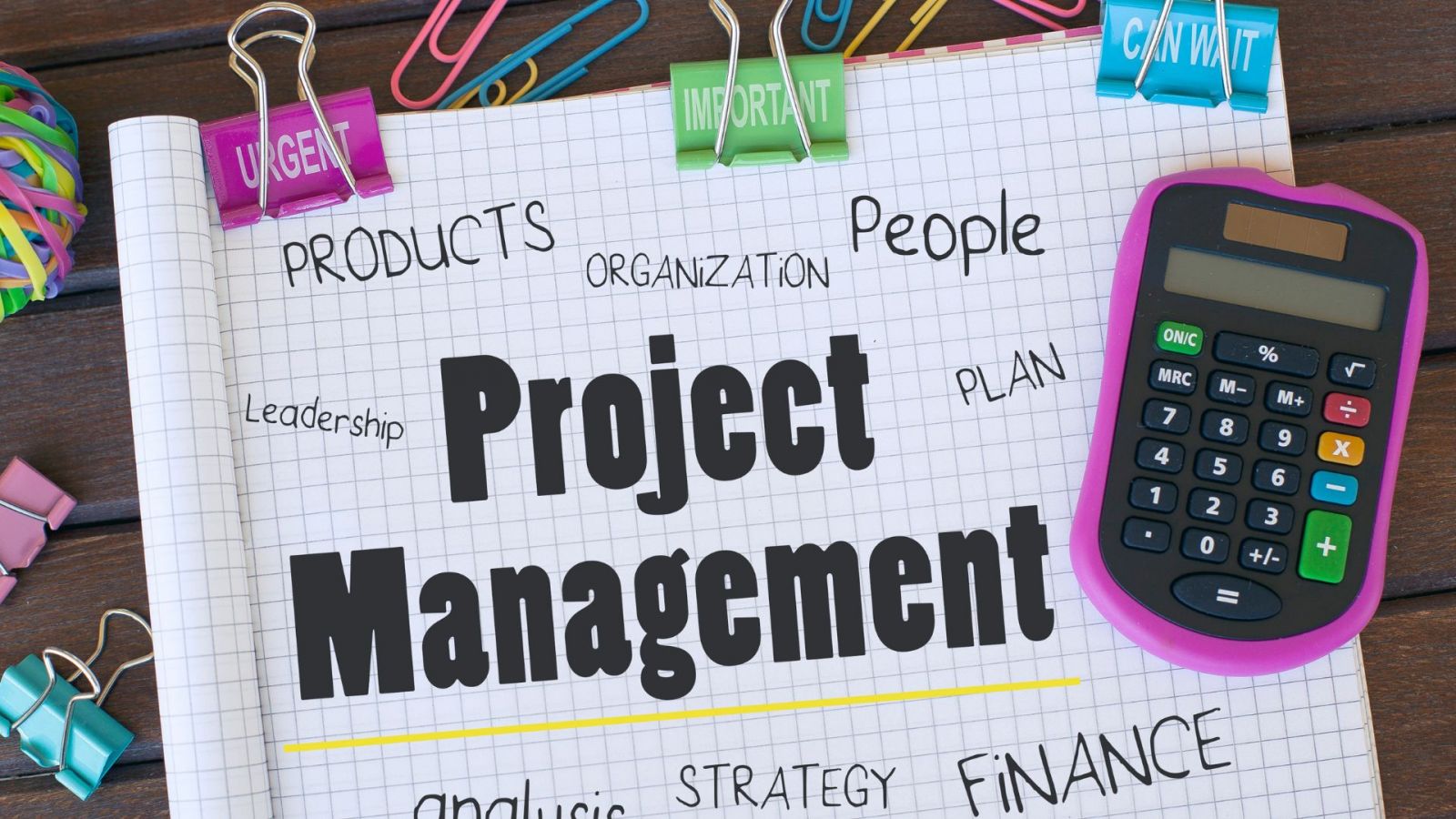Tips on Preventing Project Failure
Let’s review the recommendations that will help you improve the project and resource management processes and as a result will prevent project failure.
Select the right methodology
When managing multiple projects, it’s better to avoid applying deterministic approaches. A multi-project environment is highly uncertain, and you just cannot manage people and projects as if everything is known in advance. Also, when running concurrent projects, you should manage the whole multi-project environment as a single system, without managing initiatives one by one.
Don’t ignore planning
It may seem that in an uncertain multi-project environment, planning projects is a waste of time – what’s the point of creating a plan when a lot of things can change? But that’s not the case. Planning will make it possible to determine the scope of work, the resources required for its completion, the estimated budget, main milestones to achieve. Without these building blocks, the work on projects will turn into chaos, and won’t let you achieve the desired outcomes. At the same time, the plans should be flexible enough so that possible changes won’t ruin them.

Set priorities
It’s important to prioritize both tasks and projects. Task prioritization will help team members navigate the endless flow of assignments belonging to different projects. They won’t be trying to complete a little bit of everything but put all their effort into the most essential tasks. It increases the effectiveness and efficiency of project work and reduces the probability of delays. Project prioritization will make it possible to assign resources to those initiatives whose outcomes will have the most significant impact on a company’s business goals. Also, it will contribute to more intelligent utilization of shared resources – you won’t waste them on projects that are less significant for a company at the moment.
Make data-driven decisions
Decision-making can make or break the success of your projects. In a multi-project environment, bad management decisions or ad-hoc changes within one project can have negative consequences for other projects. So, it’s critically important for them to be based on data analysis, not someone’s assumptions or influenced by office politics. To make data-driven decisions, you’ll probably require specific tools that help you collect and analyze the data. For example, advanced project and/or resource management software can perform scenario analysis, or What-if analysis, which helps project and resource managers test their decisions and examine their impact on the project environment.
Bridge resources’ capacity with the demand in advance
To ensure smooth project work and prevent challenges when managing multiple projects, you shouldn’t start a project without ensuring that it will be staffed with the required people. If you see that there aren’t enough resources to fulfill the demand, you should find ways to bridge the gap between resource capacity and demand in advance or postpone this project for later. When you plan resources in advance, you can avoid unexpected resource shortages that in turn will result in bottlenecks, delays, the need for unplanned hiring, cost overruns, and project failure.
Plan for uncertainties and risks
Among other things, risks and uncertainties are essential factors that can lead to project disasters, especially in a multi-project environment with dependencies between projects and tasks. So, it’s critically important to be prepared for any possible situation and plan responses for them in advance, which will decrease the probability of unpleasant surprises in the workflow and project failure. But how can I prepare for uncertainty if it’s totally unpredictable, you might think?

This becomes possible if you add a time buffer to milestones and the project’s due date – this will help avoid project delay if some unexpected events occur and affect the project flow.
Keep track of resource performance
As we wrote in our previous article, when running multiple projects with a shared resource pool, the main focus should be shifted from tracking projects’ progress to monitoring the team members’ performance: do they cope well with their workload? Do they work at their maximum capacity? Do they need upskilling to improve the quality of their work? Controlling the state of the resource level makes it possible to timely detect potential bottlenecks so that they won’t turn into major problems for the whole company. If there’s a problem at the resource level, you should consider it as the highest priority and fix it first and foremost.
In addition to following the recommendations listed above, it’s no less important to leverage robust resource management software. Jump to the next section to find out how it helps prevent project management disasters and facilitates the successful delivery of every project.












Replies to This Discussion